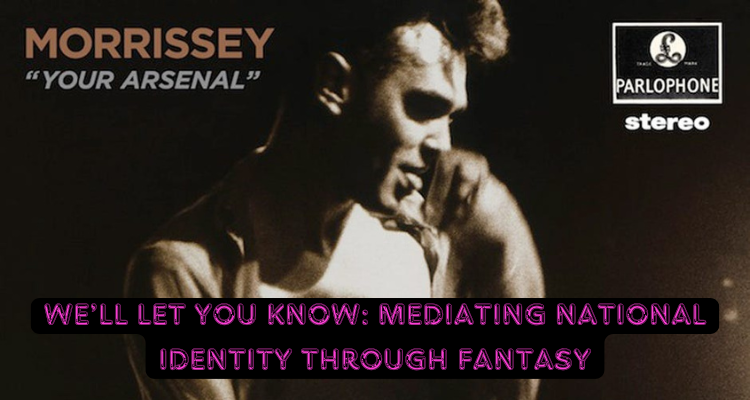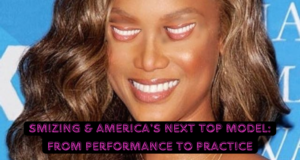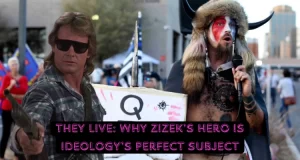We’ll Let You Know is one of Morrissey’s most haunting and prophetic songs—an elegy for a world where fantasy was once mediated by real life but has now been replaced by images, media, and empty spectacle.
By the time this song was released in 1992, British culture had already begun severing itself from real social bonds. The industrial working-class communities that once formed the backbone of English identity had been dismantled by Thatcherism, leaving behind a void where identity, purpose, and desire once existed.
In We’ll Let You Know, Morrissey sings not just about the decline of national identity, but about the existential consequences of losing fantasy as a function of real life.
You wonder how
We’ve stayed alive ’til now
We’ll let you know
We’ll let you know
But only if you’re really interested
In the past, fantasy was tied to real life. Even in the bleakest of circumstances, people dreamed of a better future—not just through entertainment, but through real, material struggle.
But now, fantasy no longer emerges from lived experience—it is dictated entirely by the media. The possibility of transformation, rebellion, or an alternative future is replaced by mass-produced imagery, empty distractions, and a culture of passive spectatorship.
The line “But only if you’re really interested” also drips with sarcasm and defeat. It suggests that most people aren’t interested in the truth—they’d rather stay plugged into the fantasy.
From Real Fantasy to Media-Controlled Desire
In earlier times, fantasy was essential for survival—a way to keep desire alive, to avoid the Real of death. Working-class communities, despite their hardships, sustained themselves through collective dreams of a better future, political change, or even small personal victories.
But now, fantasy has been hijacked.
- People no longer dream their own dreams—they dream what they’re told to dream.
- Desire is no longer self-generated—it is manufactured, commodified, and sold back to us.
- Instead of engaging in real material relationships, people engage with screens, celebrity culture, and nationalist nostalgia as a substitute for actual community.
And it has only gotten worse since 1992.
- The mass media that Morrissey was critiquing in the early ‘90s has since evolved into social media, algorithmic consumption, and hyper-curated digital realities.
- The destruction of local, social bonds that Morrissey mourns has only accelerated, leaving people more alienated, isolated, and unable to connect with anything real.
- Where once fantasy sustained desire, now it only represses it, pacifies it, and redirects it toward consumption.
A Nationalism of the Abandoned
While We’ll Let You Know is drenched in melancholy, it also carries a subtle undercurrent of nationalist longing—not in the sense of imperial pride, but in mourning a Britain that once had a real social fabric.
It’s no coincidence that the song touches on themes of football hooliganism, male camaraderie, and English pride. Morrissey isn’t celebrating these things—he’s diagnosing them.
- In the absence of real meaning, people will cling to whatever identity is available to them.
- When workers lose their jobs, their unions, their sense of community, all that’s left is cheap nationalism, sports rivalries, and cultural resentment.
- Nationalism, in this context, isn’t about power or strength—it’s about desperation, about filling the void left by the collapse of real material life.
This is the paradox of late-stage nationalism: the more a nation loses its real identity, the more its people cling to a fake, media-fueled version of it.



